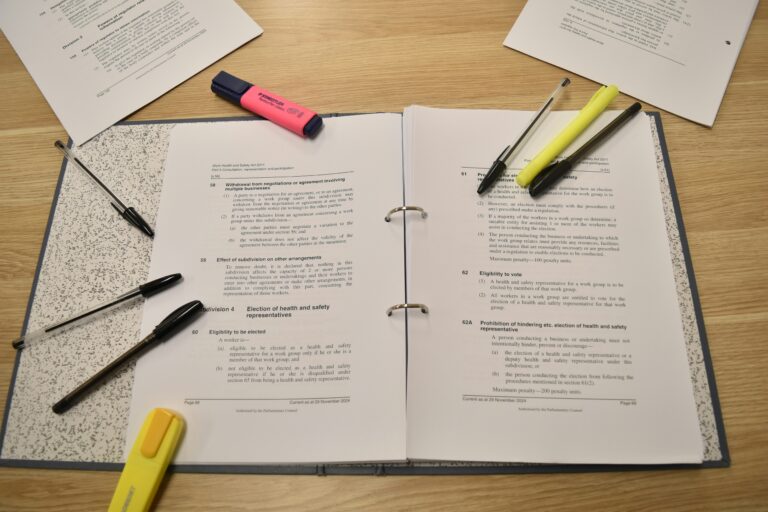
For the past 7 years, Sarah, a Marriage and Family Therapist in Buffalo, New York, feels exhausted joining late evening Zoom calls. After a long day of patient care, her nights would be just beginning as she transitioned to documentation tasks. It’s hard for her to manage running a private practice and caring for her family.
However, in the past few months she has started using an AI-powered tool that transcribes and summarizes therapy sessions, significantly streamlining her note-taking process. “It has decreased the amount of time it takes me to write a really solid note that is reflective of the work I do with a client—and allows me more time to focus on the client,” she explained. Sarah also noted the positive impact on her personal life: “I don’t have to go home and write notes anymore; my husband is like, ‘Oh, I have a wife again.'”
Therapists often spend 5–10 hours per week on clinical documentation, frequently outside of billable hours. This leads to note backlogs, after-hours charting, high turnover, and burnout, ultimately reducing availability for patient sessions.
Inconsistent clinical quality across providers is another challenge. Many group practices have a mix of junior and senior clinicians, resulting in wide variation in adherence to evidence-based practices. Only about 20% of clinicians measure outcomes, and few receive consistent supervision, leading to sessions that may not reliably promote patient progress.
Therassist is an AI-powered scribe designed specifically for mental health professionals. It automatically listens, transcribes, and drafts session notes, cutting documentation time by approximately six minutes per session. This automation helps therapists reclaim hours each week, allowing them to focus more on patient care.
By automating documentation, Therassist addresses the issue of clinician burnout from documentation overload. It also tackles inconsistent clinical quality by providing tools for adherence to evidence-based practices. Furthermore, Therassist enables practices to scale high-quality care by freeing clinician time, upskilling existing staff, and integrating seamlessly with current EHR systems.
Therapists like Dr. Jennifer Tininenko and Dr. Travis Osborne describes seeing a significant increase in time savings and focus improving on clinical work after adopting Therassist. Dr. Tininenko noted, “It saves me so much time on notes! I can focus on just clinical work.” Dr. Osborne added, “Wow.
Click, click and the note is done! It’s surprisingly accurate and nuanced. It cuts the time on my notes by 60%!”
The integration of AI tools like Therassist into mental health practices represents a significant advancement in addressing the administrative burdens faced by clinicians. By streamlining documentation processes, enhancing clinical quality, and enabling scalable care, Therassist supports therapists in delivering better patient outcomes while maintaining their well-being.
Copyright 2025 Therassist.AI | All Rights Reserved.